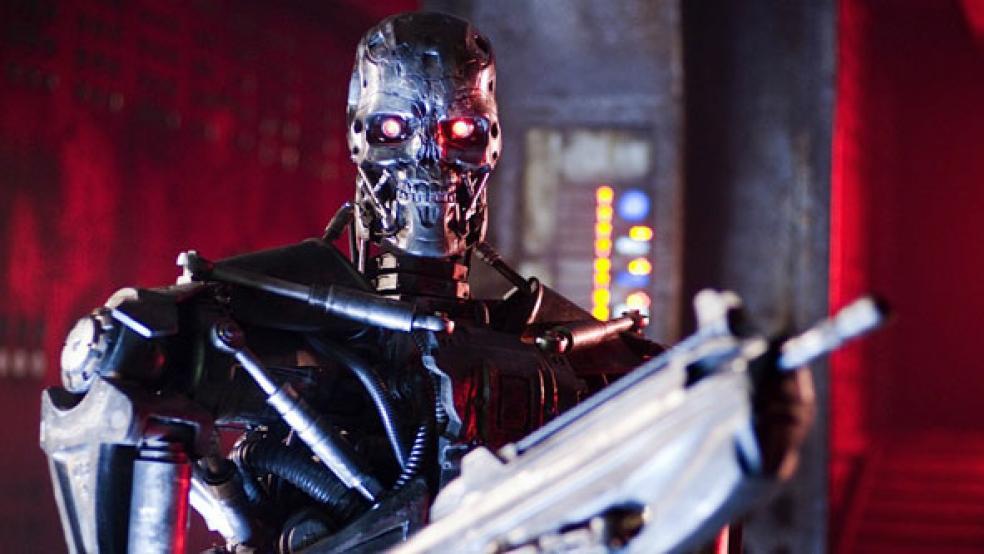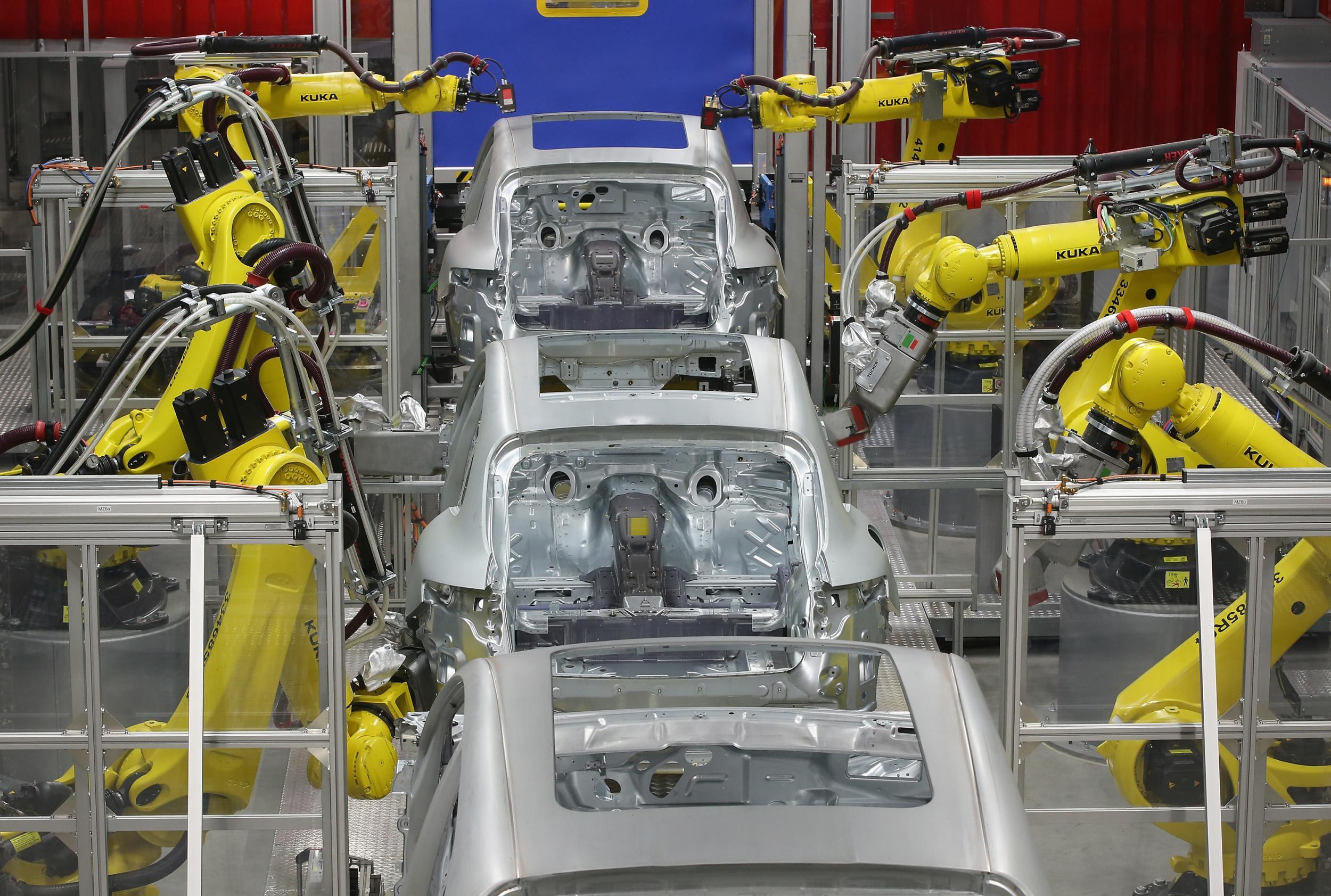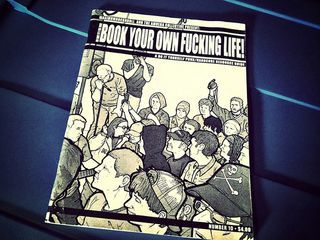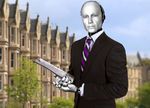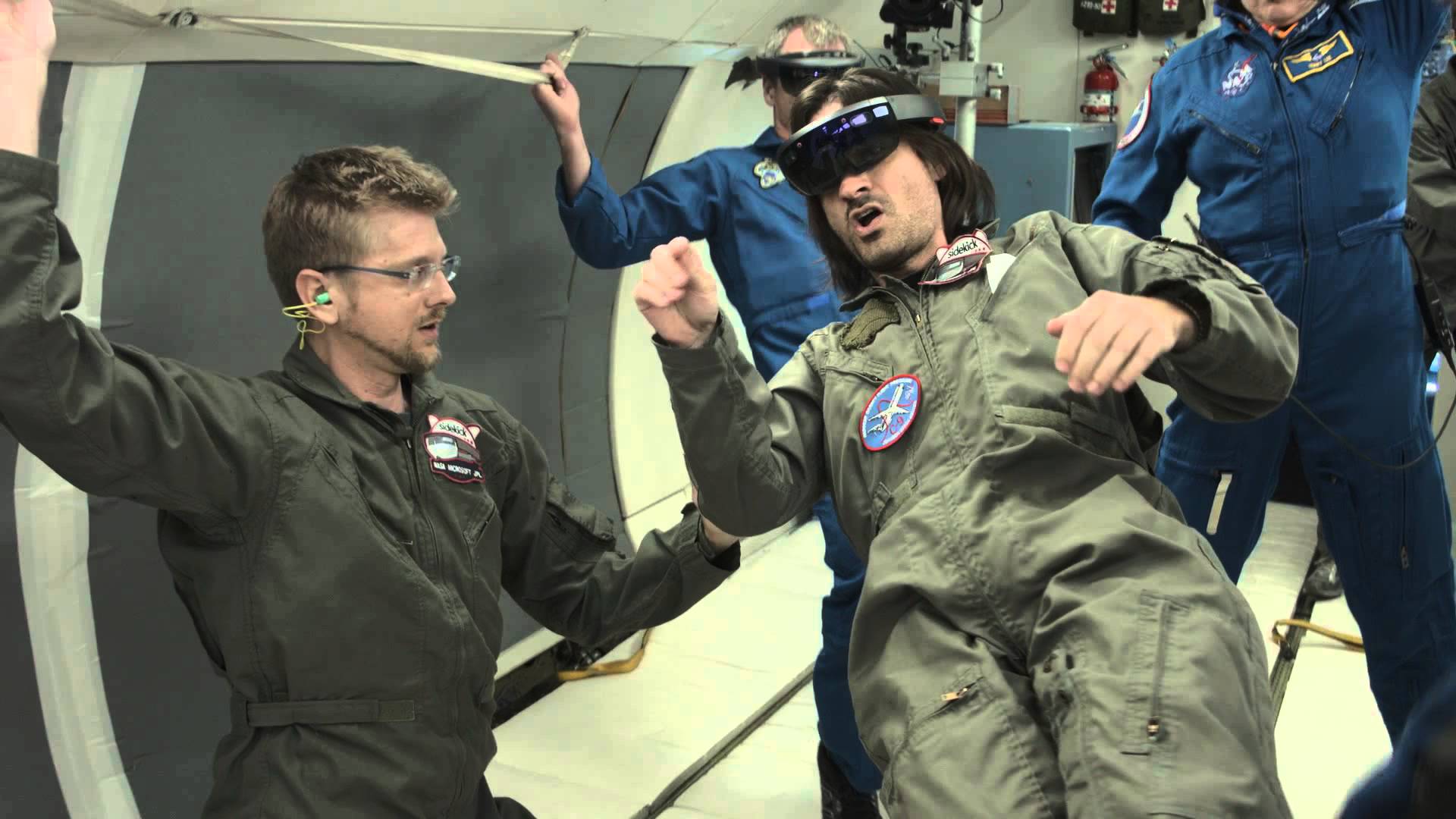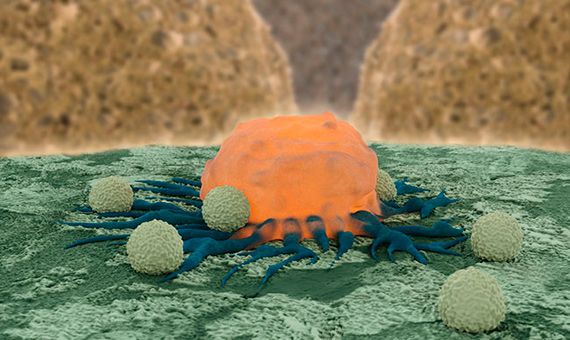
We don’t live in a world that’s pinning the survival of humanity of Matthew McConaughey’s shoulders, but if it turns out the plot of the 2014 film Interstellar is true, then we live in a world with at least five dimensions. And that would mean that a ring-shaped black hole would, as scientists recently demonstrated, “break down” Einstein’s general theory of relativity. (And to think, the man was just coming off a phenomenal week.)
In a study published in Physical Review Letters, researchers from the UK simulated a black hole in a “5-D” universe shaped like a thin ring (which were first posited by theoretical physicists in 2002). In this universe, the black hole would bulge strangely, with stringy connections that become thinner as time passes. Eventually, those strings pinch off like budding bacteria or water drops off a stream and form miniature black holes of their own.
This is wicked weird stuff, but we haven’t even touched on the most bizarre part. A black hole like this leads to what physicists call a “naked singularity,” where the equations that support general relativity — a foundational block of modern physics — stop making sense.
Read more

